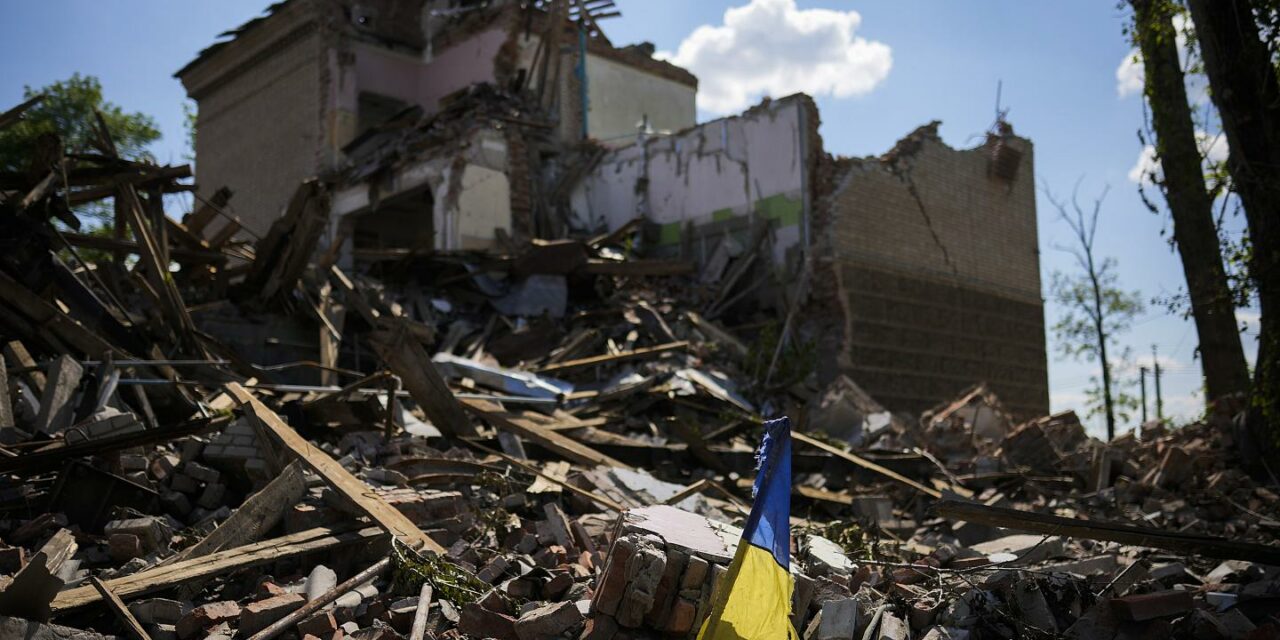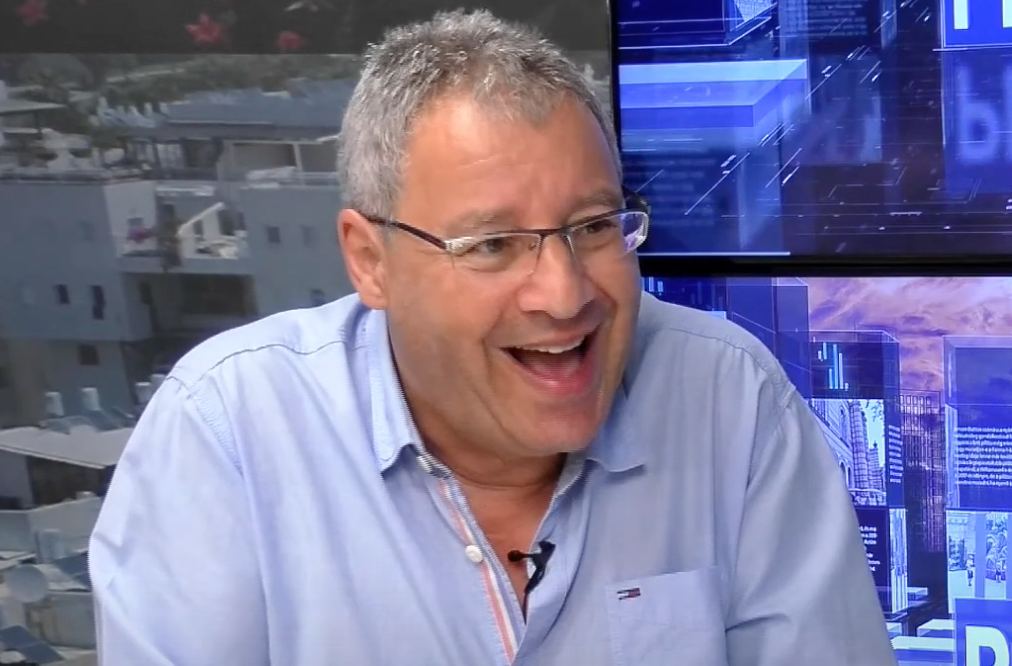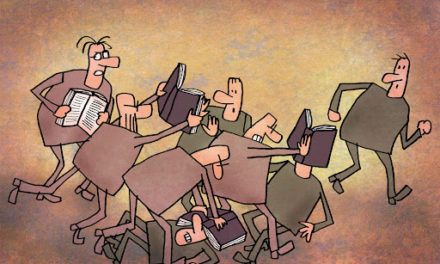The realities of war are being faced more and more harshly by the Western powers. More and more people see that the sanctions will not deter Moscow from achieving its goals, while Europe is also receiving serious wounds in the economic war. The Western elite is slowly beginning to realize that Ukraine cannot win the war.
Enthusiasm is dampened by the realization that Ukraine is no longer the business it seemed at first. As a result of all this, the Germans, facing the realities more and more soberly, cut the EU aid package intended for Kiev.
The outbreak of a war is usually motivated by economic goals, in addition to the expansion of influence and geopolitical considerations. Attacking Ukraine is no exception. Russia not only wanted to prevent NATO infrastructure from marching along its borders. In addition to the geo- and security policy aspects, and the protection of the Russian and Russian-speaking diaspora, Moscow could not ignore the fact that if Ukraine were to fully enter the West's sphere of interest, its rival would also be strengthened economically. Mainly in the way that, above all, Kiev, which enjoys the support of the Anglo-Saxon powers, sooner or later would have tried to recover Donbass, which is rich in mineral resources and energy resources.
"And the control over the treasures hidden in the depths of Eastern Ukraine is also not indifferent from the point of view of Russia's economic power"
In this regard, time did not work for Moscow, so the Kremlin decided in the 24th hour to bring to a decision the arrangement of the Ukrainian issue that had been hanging in the air for a long time. Because over time, the pressure of the West threatened not only its security, but also its empire. Vladimir Putin could not without reason think that this negative trend for Russia should be reversed at the most delicate and crucial point, in Ukraine.
But Russia was far from the only one thinking about a radical solution to the key issue of influence over Ukraine, both from a geopolitical and economic point of view. The West has been trying to get its hands on Ukraine for a long time, and it succeeded in the second attempt in 2014. So much so that after the "Revolution of Dignity" even meetings of the Ukrainian government had to be held in English, because a number of foreign nationals were given ministerial posts in the name of strengthening sovereignty. Ukraine came under full American control, alongside which the British grew up over time, and now the Polish influence is also growing spectacularly.
"We can say that Ukraine has turned into a sphere of interest of the Anglo-Saxon powers and their minions with an increasingly harsh anti-Russian edge"
Of course, in the shadow of the Anglo-Saxons, the European powers perhaps most interested in acquiring farmland and the market also found their place in the new line-up. But China also appeared here, and in terms of trade, the Russian connection was far from completely gone. The acquisition of markets, the appropriation of valuable and promising sectors, let's put it bluntly, the expansion of Ukraine proceeded with steam power. Of course, under the banner of strengthening democracy and the market economy, keeping imperial Russian imperialism at bay.
The war was not so much in spite of Washington and London - the Europeans wanted to avoid this - as these powers were aware that they still had to come to terms with Russia on this issue. As they calculated, Russia will be permanently weakened in Ukraine. So much so that it ceases to be an empire and is busy licking its wounds for decades. The Ukrainian agricultural land and the country's reserves of crude oil, natural gas, lithium or even iron ore promised huge business with the investment of sufficient capital.
"According to the ideas, these strategically important mineral resources would increase the competitiveness of the West in such a way that they would also significantly replace Russian dependence. But the military industry also saw business in a war, and there is also an opportunity in reconstruction"
In the first month and a half of the war, it seemed that Western ideas prevailed, and a quick Russian victory was not achieved. Then the Russian army organized its ranks, narrowed the front, and for two and a half months now it has been systematically grinding down the Ukrainian forces, destroying fuel depots and ammunition warehouses. Gaining control over Donbass, despite the heroic Ukrainian resistance, is really only a matter of time, and the two counties may fall into Russian hands by the time the autumn rains begin.
However, the Russian forces are unlikely to stop after that and continue to advance in a western direction. According to some, up to the Dnieper, while others say further, all the way to the Moldovan border. The latter is likely only because the Kremlin cannot stand still. To achieve its goals, the Ukrainian side must be broken, and for this, territory must be acquired following security and economic considerations. By occupying the part of the country south and east of the Kharkiv-Umany line - which is also a civilizational fault line - it can force Kiev to the negotiating table and dictate the terms of the ceasefire there. We are not talking about peace because the Ukrainian side and the West behind it hardly recognize these areas as Russian, so we are rather only facing a big frozen conflict in this case.
"But this acquisition of territory can already be sold as a victory and can be defended from a strategic point of view. And from an economic point of view, it is sustainable, while completely weakening the opponent"
The areas already under Russian control, 20 percent of Ukraine before 2014, once accounted for roughly half of the GDP. Before the war, 15 million people lived in these regions. And if the Russian troops also occupy Mykolaiv, Kharkiv and Odesa counties, then Ukraine will lose another 7 million people and another 25 percent of its GDP. In this case, Ukraine will have 20 million inhabitants and 25 percent of its former GDP. It will lose the most important industrial regions and the best agricultural lands as well. And Kiev is left with a multibillion-dollar debt.
In the meantime, let's not forget that not only Moscow was forced to win, but also Kiev. The Ukrainian leadership, relying on Western arms deliveries, communicates at least the restoration of the status of February 24, and would not negotiate until then. However, his prospects for reversing the war are getting worse and worse, and more and more of his supporters are recognizing this. The Anglo-Saxons and their closest allies, the Poles, the Baltics and the Romanians, would still go to war until the final victory, until the defeat of Russia, but the realist voices are getting stronger, which would make peace, said or unsaid, even at the cost of Ukrainian territorial losses. This includes the Germans and the French, who in their rhetoric still mention a Ukrainian victory, but in the best case they believe in a kind of stalemate, a draw, and the beginning of a new Cold War situation. But they do not rule out at all that, if the current trend continues, the Ukrainian armed forces will break and Moscow will dictate the terms of peace.
"In the case of the development of the military situation outlined above, the capitulation of Ukraine in order to keep the remaining part of the country is inevitable. However, this remaining Ukraine is already weak and uninteresting for the West from an economic point of view"
It's not a business anymore, it's just a burden. In addition, with the approach of winter, due to the battles raging on the economic front of the war, problems are also increasing at home, the sanctions are also weakening the European economy, and the situation threatens to undermine social security. This will also reduce the commitment of the Western European public to the war and push the political elites towards compromise. This was not what they dreamed of, so it seems that they would be more restrained in pouring money into Ukraine. To Ukraine, where there is nothing to gain, but it will cost a lot, and presumably he will not be able to repay his previous loans.
This realization is shown by the fact that Germany blocked Ukraine's new emergency aid of 9 billion euros announced by Ursula von der Leyen in May. Berlin approved the payment of only one billion euros.
Featured Image: Francisco Seco/Copyright 2022 The Associated Press













